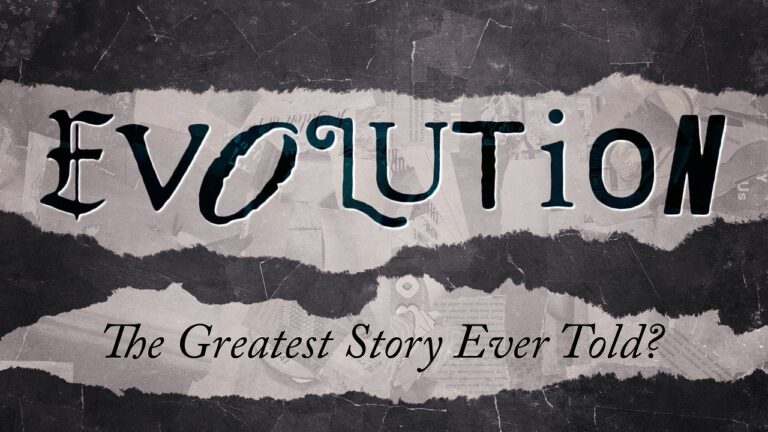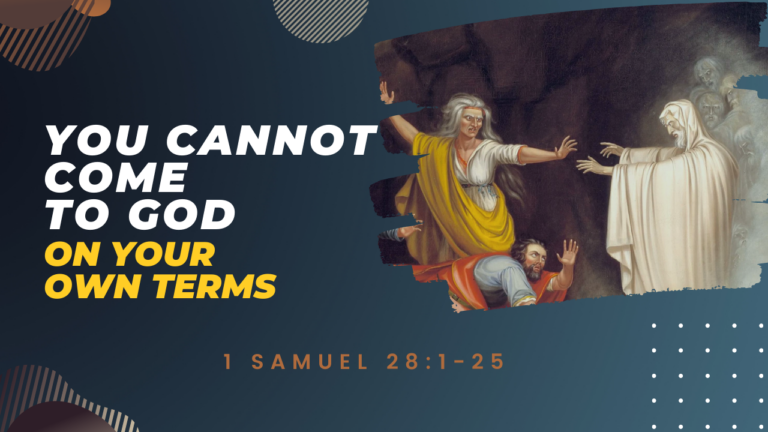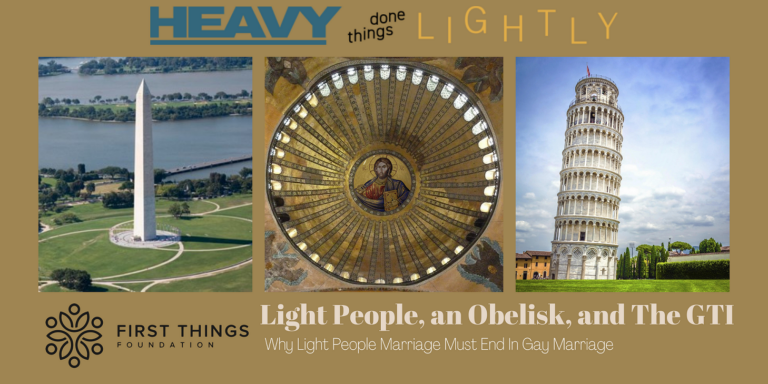The Roundtable | Amish Insights on: Technology | Pt 2

by Jerry D, Plain Values This Month’s Question: The balance between the blessings and pit-falls of modern-day technology can be hard to find. How do we balance using technology with staying connected to our community? Answered by: Jerry D Miller,…












